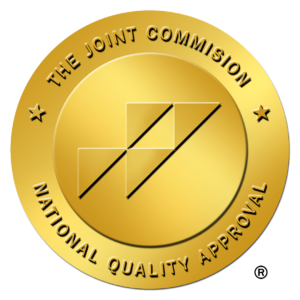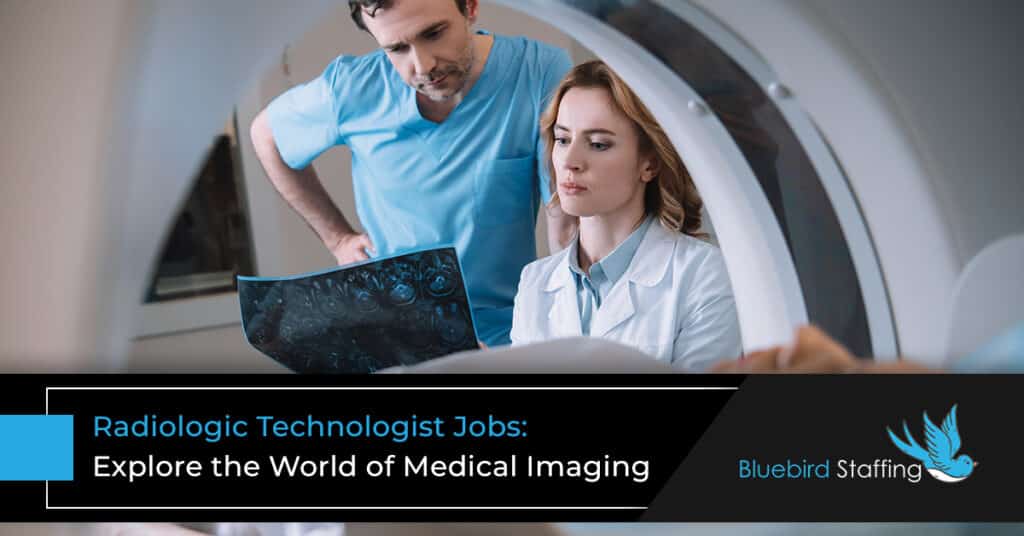The U.S. Bureau of Labor Statistics (BLS) reports jobs for radiologic technologists are growing fast, projected at 6% through 2032. It’s a lucrative job with many options for those entering the field. Radiologic technologists play a crucial role in transforming medical diagnoses and treatment plans through the power of medical imaging. This article delves into the exciting career opportunities available to radiologic technologists, exploring the various roles, skills, and educational requirements that make this profession a cornerstone in medical imaging.
Roles in Medical Imaging
Radiologic technologists, also known as radiographers, operate imaging equipment to capture images of the internal structures of the human body. Their expertise is integral in helping physicians and healthcare professionals diagnose and treat various medical conditions. The roles within medical imaging for radiologic technologists encompass a broad spectrum, including X-ray, MRI, CT, and fluoroscopy technologists.
- X-ray Technologists: Specializing in capturing images of bones and organs, X-ray technologists are fundamental in diagnosing fractures, identifying tumors, and assessing the overall health of internal structures.
- MRI Technologists: Utilizing magnetic resonance imaging technology, MRI technologists produce detailed images of soft tissues, organs, and joints, providing critical insights into conditions such as neurological disorders and musculoskeletal issues.
- CT Technologists: Operating computed tomography scanners, CT technologists create cross-sectional images of the body, aiding in diagnosing conditions like tumors, vascular diseases, and internal injuries.
- Fluoroscopy Technologists: Fluoroscopy involves real-time imaging of moving body parts, often used in procedures like barium enemas or cardiac catheterizations. Fluoroscopy technologists play a key role in guiding physicians during these dynamic procedures.
What Skills Do Radiologic Technologists Need?
Radiologic technologists need a diverse set of skills to excel in their roles within medical imaging:
- Technical Proficiency: Proficient operation of imaging equipment and technology is paramount. Radiologic technologists must be adept at adjusting settings and ensuring the accuracy of images.
- Attention to Detail: Precision is crucial in medical imaging. Radiologic technologists must capture high-quality images with attention to anatomical structures, ensuring accurate and detailed information for diagnosis.
- Communication Skills: Effective communication with patients is essential. Radiologic technologists explain procedures, address patient concerns, and ensure cooperation during imaging processes.
- Critical Thinking: Radiologic technologists often encounter complex cases that require critical thinking to optimize imaging protocols and assist in diagnosing challenging medical conditions.
Educational Requirements to Become a Radiologic Technologist
Becoming a radiologic technologist typically involves the following educational pathway:
- Education Programs: Completing an accredited radiography program, which can be a two-year associate degree or a four-year bachelor’s degree, is the first step. These programs cover anatomy, physiology, patient care, and hands-on clinical experience.
- Licensing and Certification: Depending on the state requirements, radiologic technologists must be licensed or certified. National certification from organizations such as the American Registry of Radiologic Technologists (ARRT) is commonly pursued.
- Continuing Education: Given the evolving nature of medical imaging technology, radiologic technologists often engage in continuing education to stay current with advancements in their field.
Interested in Pursuing a Radiologic Career?
The demand for radiologic technologists is on the rise, driven by advancements in medical imaging and an aging population requiring diagnostic services. Employment opportunities exist in hospitals, clinics, imaging centers, and even mobile imaging units. Radiologic technologists can also explore specialization through additional certifications, enhancing their expertise in specific modalities or areas of medical imaging.
A career as a radiologic technologist opens the door to a world of possibilities within medical imaging. As the field continues to evolve, the role of radiologic technologists remains at the forefront of medical advancements, making it a compelling and fulfilling career choice for those passionate about merging technology with healthcare.
Bluebird Staffing can connect you to your next career opportunity. Talk with our team today about the variety of healthcare jobs available. We can help.



